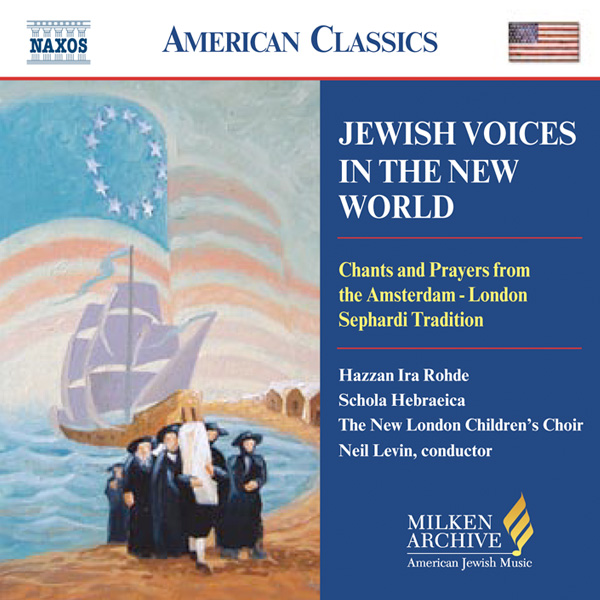Tracks
Liner Notes
Ein keloheinu is a hymn sung toward the end of Sabbath and holyday morning additional (musaf) services. In Sephardi and Yemenite traditions it is included in weekday services as well. Its earliest known appearance is in a 9th-century prayerbook (siddur R. Amram Gaon). This is the special tune for High Holy Days (y’dei rashim) in the Portuguese tradition, and it is also a pervasive laḥan (tune) used for other texts in those services, almost as a leitmotif.
Lyrics
Translation: Pinto 1766
There is none like unto our God, there is none like unto our Lord, there is none like unto our King, there is none like unto our Saviour.
Who is like unto our God, who is like unto our Lord, who is like unto our King, who is like unto our Saviour?
We will confess our God, we will confess our Lord, we will confess our King, we will confess our Saviour.
Blessed is our God, blessed is our Lord, blessed is our King, blessed is our Saviour.
Thou art our God, thou art our Lord, thou art our King, thou art our Saviour.
Thou wilt save us, thou wilt arise and have Mercy upon Tzion [Zion]; for it is Time to be gracious unto her, for the Season is already come.
Credits
Composer: Amsterdam|Western Sephardi TraditionPerformers: Neil Levin, Conductor; Ira Rohde, Cantor; Schola Hebraeica, Donald Barnum, chorus master
Choral Preparation: Jonathan Fluker
Translation Source:
Pinto, Isaac. Prayers for Shabbat, Rosh-Hashanah, and Yom Kippur According to the Order of the Spanish and Portuguese Jews. New York: John Holt, 1765–66.
